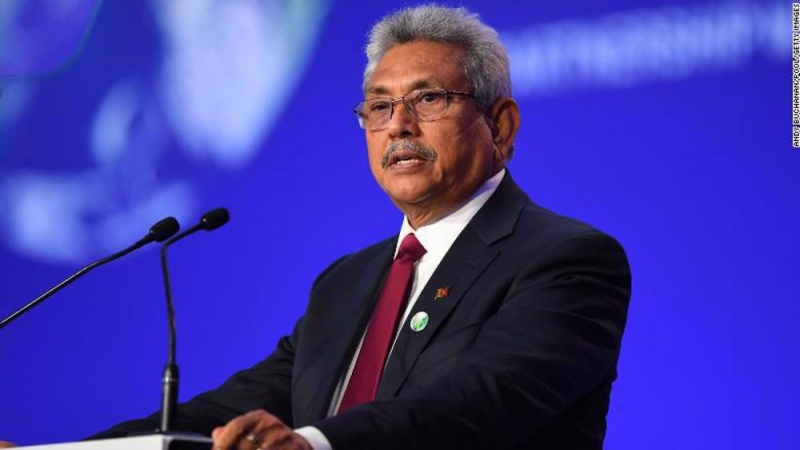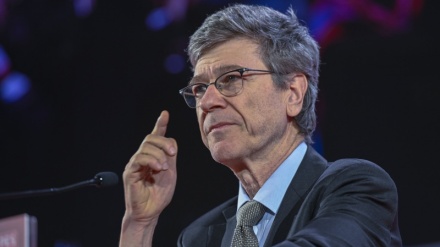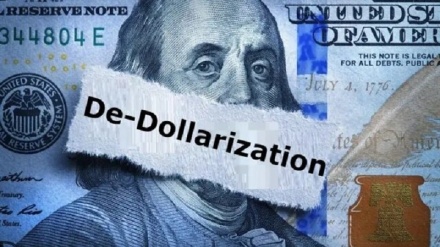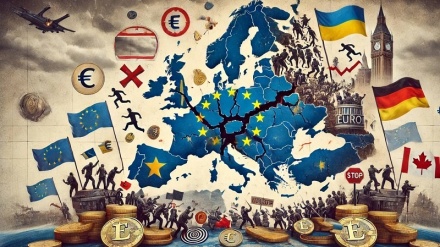Sri Lanka's beleaguered president attempts to flee country, blocked from leaving
The Sri Lankan president, Gotabaya Rajapaksa, who is due to officially resign on Wednesday after months of protests, has made a failed attempt to flee the crisis-hit country.
Rajapaksa was blocked from departing on Monday night after refusing to join a public line at the Bandaranaike International Airport in order to have his passport checked by immigration.
Airport staff reportedly blocked the president and his family from using a VIP lane to board a flight to the United Arab Emirates (UAE).
As a result, Rajapaksa, who still has immunity from arrest, and his wife had to return to a nearby military base.
Unconfirmed reports indicate that the president is now considering using a naval patrol craft to flee the islands. He had fled the presidential palace in the capital, Colombo, under naval protection, shortly before thousands of protesters stormed the building on Saturday.
In recent days, at least 14 members of the president's family have been blocked from leaving the country by airport staff. His younger brother, Basil Rajapaksa, who has dual US citizenship and served as finance minister, was prevented from boarding a flight to the US on Tuesday morning.
Meanwhile, a motion has been filed with the country's Supreme Court seeking an order to prohibit those who served in president's administration from leaving the country.
The president stands accused of overseeing corruption and economic mismanagement, which bankrupted the country and triggered the worst financial crisis on record.
Rajapaksa had been a popular figure among Sri Lanka's powerful Sinhala Buddhist majority, who credit him with ending the country's 26-year-long civil war in 2009. However, as the tourism industry, the island-nation's economic mainstay, declined due to the global COVID pandemic, his popularity waned.
The island of 22 million people is struggling with its worst economic crisis since independence in 1948 amid a severe foreign exchange shortage that has limited essential imports of fuel, food, and medicine. Soaring inflation, at a record 54.6% in June and expected to hit 70% in the coming months, has heaped hardship on the population.
The country's leaders are seeking a $3-billion bailout from the US-dominated International Monetary Fund and a restructuring of some foreign debt, but that bid has gone unanswered.
SS



